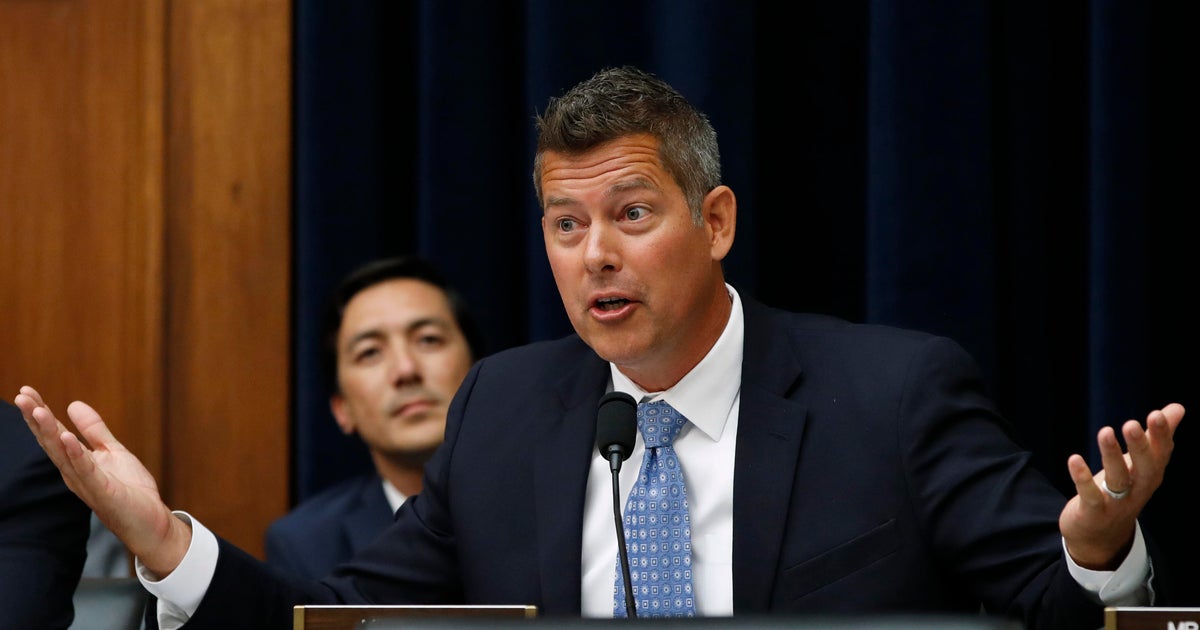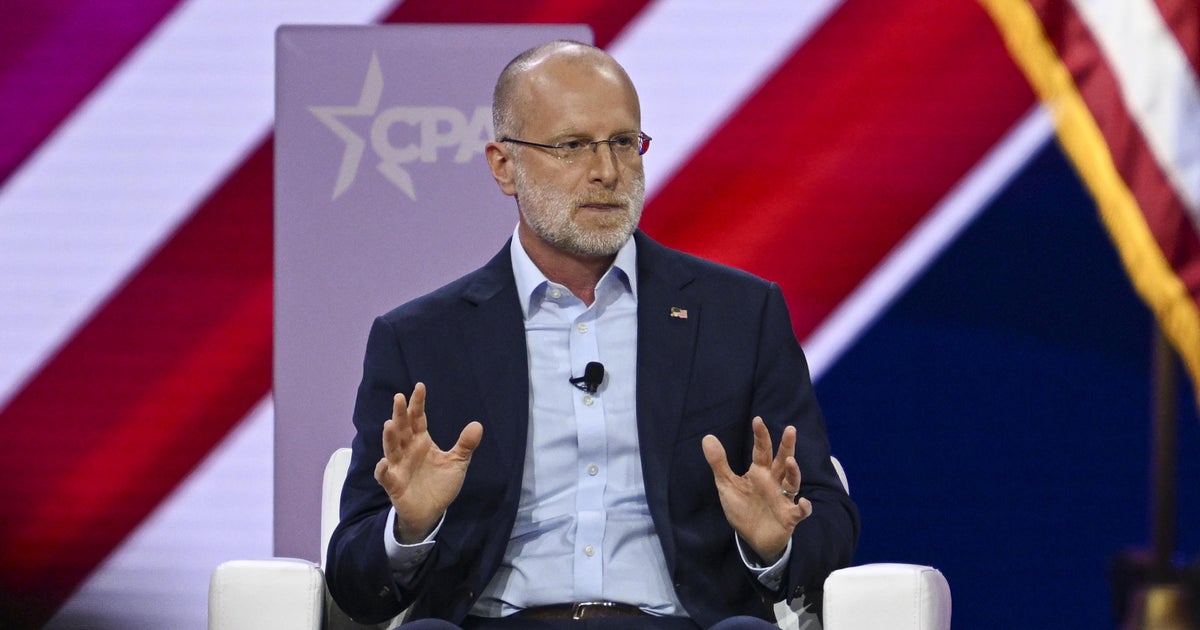U.S. "moving into a dangerous phase" as anti-Semitic incidents surge, group says
A Confederate flag parading through the Capitol is just one of the many disturbing images the country confronted on January 6. Some photos and videos were more painful than others for some Americans.
A number of pro-Trump rioters who stormed the Capitol wore clothing with anti-Semitic messages—the latest sign of a growing problem in America.
From 2015 to 2019, anti-Semitic incidents jumped to nearly a record high, according to the Anti-Defamation League. Some Jewish leaders said the growth of crimes against Jews intensified under former President Trump.
During the Capitol riots, Audrey Glickman, a Jewish woman from Pittsburgh, had to look at rioters wearing "Camp Auschwitz" sweatshirts. She said those images hit her viscerally.
"Of course, it does," Glickman told CBS News' Jim Axelrod.
Glickman is one of the survivors of the deadliest attack on Jews on American soil. She was inside the Tree of Life synagogue when a gunman stormed in and slaughtered 11 of her fellow worshippers.
"Do you ever wish that what would come out of the Tree of Life shooting isn't more hate, but a collective wake up, 'hey, we got a problem?" Axelrod asked.
"Absolutely, that has been my wish from the very beginning that people would understand, but we've seen more shootings since then, more killing. People are not understanding. How do we make them understand?" she said.
The Anti-Defamation League found acts of anti-Semitism started spiking in 2016 after a nearly 15-year drop. The most recent numbers show the highest number of anti-Semitic incidents in its recorded history. There were more than 2,100 acts of assault, vandalism and harassment against Jews.
Jonathan Greenblatt is the ADL's CEO. He notes the spike aligns with former President Trump's rise to power and says it's no coincidence.
"If you are alarmed looking at this data, it's because it's undeniable, something is going on and we're all concerned about it. Of course, it got worse" Greenblatt told CBS News' Jim Axelrod. "Some of this is because I think we've had, you know, a leader at the top. ... who's been bullying from his different platforms relentlessly every day."
"If you buy the concept that those who forget history are condemned to relive it, how much of your brain is given over to the possibility that what we saw the 6th of January is just the beginning?" Axelrod asked.
"What I would say to you is that what just happened is really, if you will, the end of the beginning. I think we're now moving into a dangerous new phase and it's going to require government and business and civil society to work hand in hand. To lock arms and push back on the surge of prejudice," Greenblatt replied.
That history is front and center for Annie Polland, president of the Tenement Museum in New York.
"Often in the United States, we study the Holocaust, which is incredibly important and that needs to be studied too. But just as important in this country is to look at how anti-Semitism has manifested itself," Polland said.
In the last few months, anti-Semitism has manifested itself in swastikas on street corners in California and Virginia. The Idaho Anne Frank Human Rights Memorial in Boise, Idaho, was vandalized with Nazi propaganda in December. Several menorahs in 2020 were shot with pellet guns during Hanukkah, including one at Dartmouth College.
"When we see anti-Semitism rear its head in the form of the symbols, in the form of sweatshirts that say Camp Auschwitz, you know, that's a problem for Jews in America. But more deeply, it's a problem for all Americans," Polland said.
The Biden administration is said to restore funding to address domestic extremism, which the Trump administration had cut. President Biden also plans to appoint leadership at the Department of Justice who will prioritize the prosecution of hate crimes.



